
Oxfam, an international Non-Governmental Organization (NGO), has decried the global order in which dangerous poorly-paid work for many is supporting the extreme wealth of the few.
Research conducted by Oxfam, an international Non-Governmental Organization, revealed that Billionaires' wealth increased by US $ 762 billion, an amount that could end extreme poverty.
In other words, according to the research, eighty-two per cent of the wealth created in 2017 went the top one per cent while the bottom 50 did not experience any change or improvement in their standard of living.
Again, although poverty has been halved in the Millennium Development Goals (MDGs), inequality has become an important development issue on which the United Nations Sustainable Development Goal 10 focuses.
The International NGO is, therefore, demanding a new world order of building an economy for the ordinary working people rather than for the rich and powerful and a system that will reward wages and not wealth.
Oxfam, as part of its contribution to the global campaign on unequal pay, is demanding participation in the World Economic Forum (WEF) ?an assembly of big companies, the super rich and powerful individuals?which meets annually to discuss global challenges and find solutions to them.
This year, Oxfam took advantage of the 48th WEF which met from January 23 to January 26 in Davos, Switzerland, to generate discussions on work and wages.
As part of its contribution to the campaign against injustice in work and wages, Oxfam in Ghana embarked on an exercise (that coincided with the Davos meeting) with market women in Madina to have a basic knowledge of the average daily/ weekly wages.
The exercise was expected to help appreciate the growing economic inequality and how it reinforces poverty.
At the Madina market, most of the market women, with an average family size of five, claim to be operating with a working capital of one hundred to five hundred Ghana cedis, which yields between twenty and fifty Ghana cedis in daily/weekly profits, depending upon when all the wars are bought or sold.
Ms Naana Nkansah Agyekum, Media and Communications Officer, Oxfam in Ghana, who led the exercise at the Madina market, noted that the classical examples of inequality were inability to access good health care, good roads, especially in farming communities, and quality education, among others.
Ms Agyekum described inequality in its different forms as a systemic failure, adding that it was the responsibility of governments to reduce the gap between the rich and the poor.
Oxfam an international Non-Governmental Organization-of 19 affiliates works with partners in over 96 countries to end the injustices that cause poverty.
Oxfam, founded in Oxford, United Kingdom in 1942 by Cecil Jackson-Cole, derived its name from the Oxford Committee for Famine Relief.
In Ghana, Oxfam first began tackling chronic water and sanitation issues in 1986 in the West Mamprusi District of the Northern Region.
Oxfam is determined to change the world by mobilizing the power of people against poverty and to work to help women and girls speak out and demand justice, and to assert their leadership.
OXFAM also helps people caught up in natural disasters and conflict by providing clean water, food and sanitation in disaster zones, strives to ensure that civilians are protected too and seeks to reduce the risk to poor people of future disasters by continuing to work with them long after the immediate crisis is over.
Furthermore, OXFAM lobbies governments, international organizations and corporations for fairer land policies and action on climate change as well as works to secure global food supplies so that people always have enough to eat.
Source: ISD (G.D. Zaney)
Read Full Story
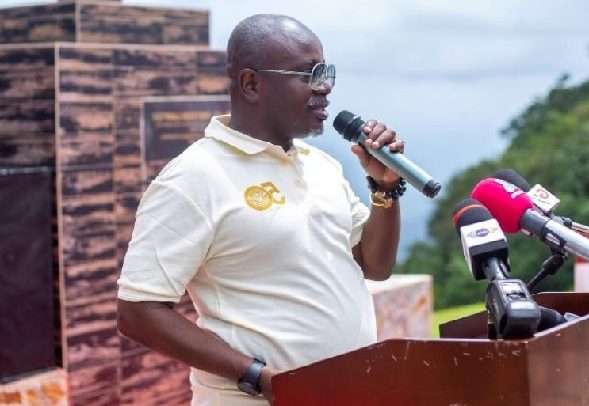

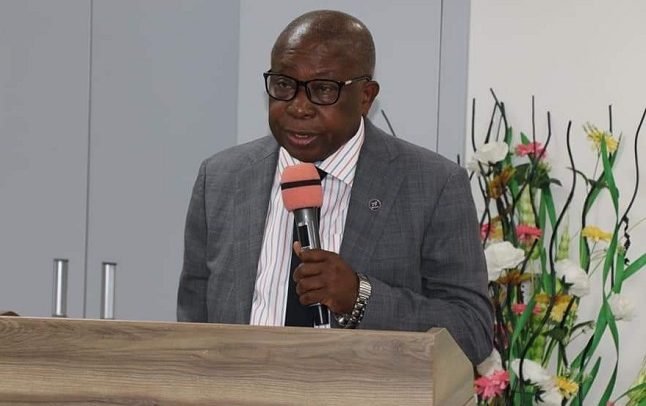
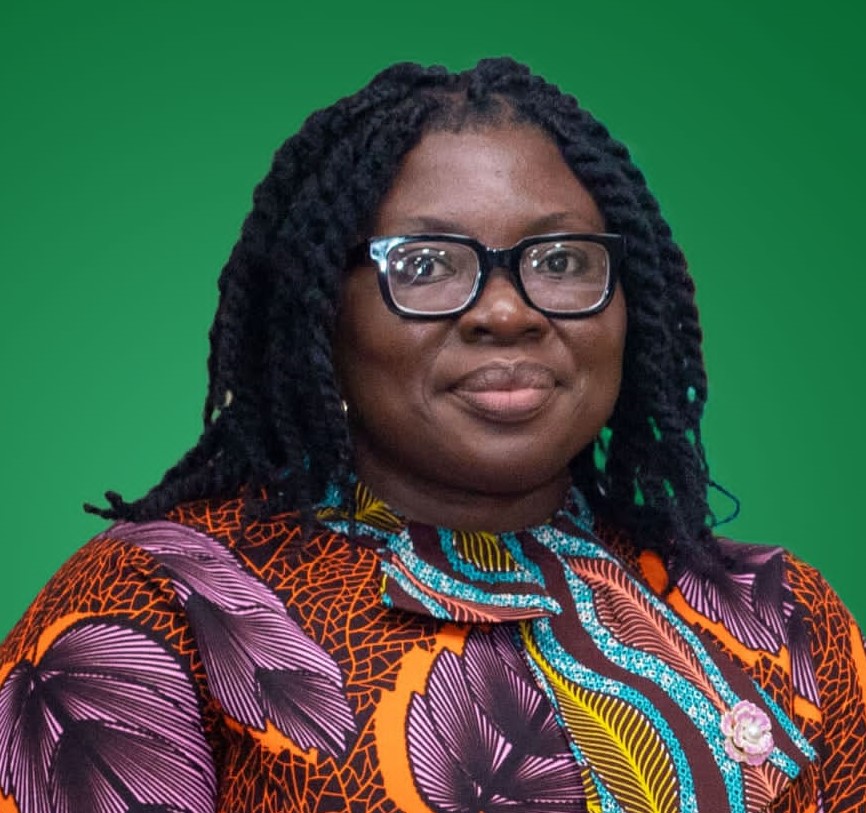


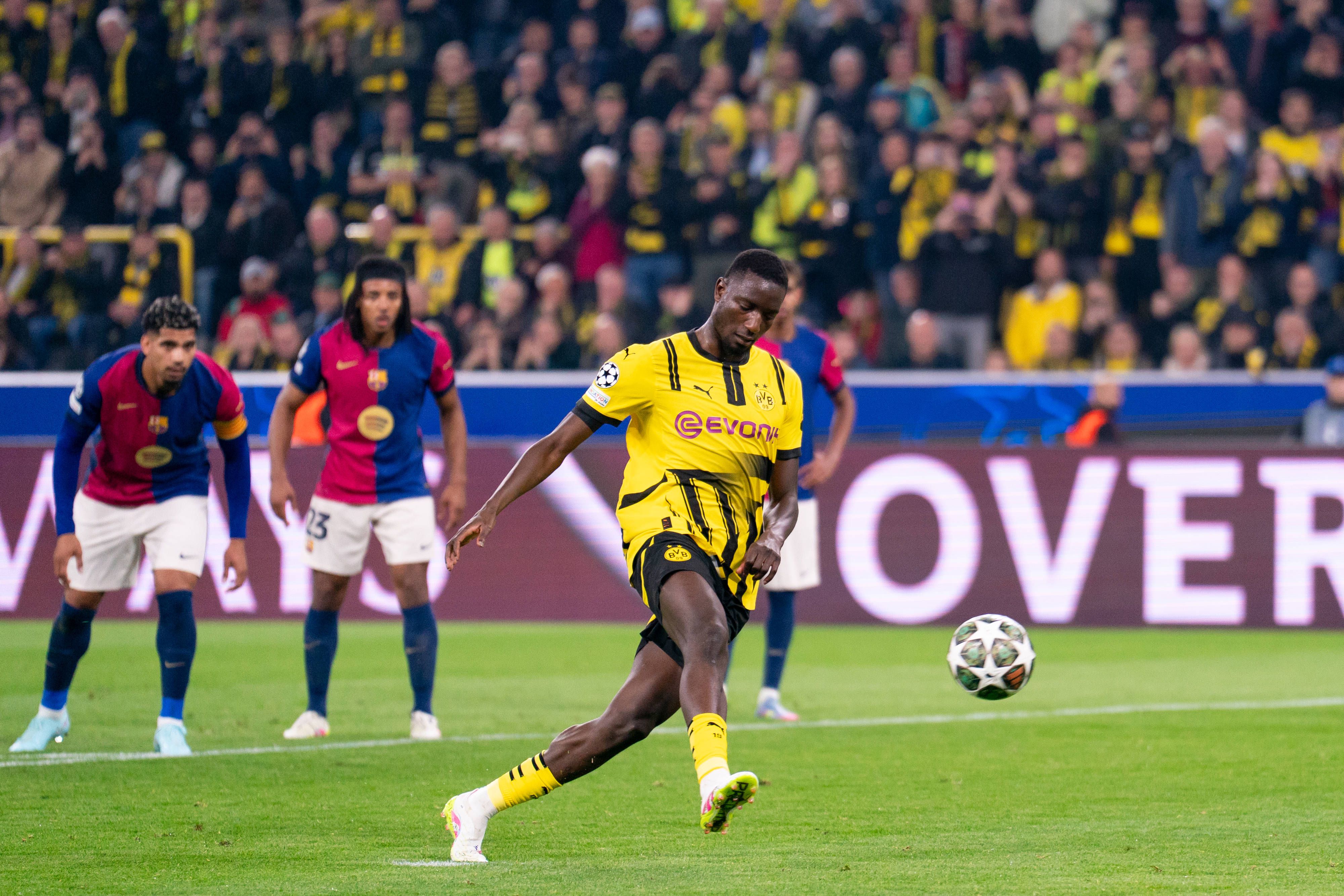
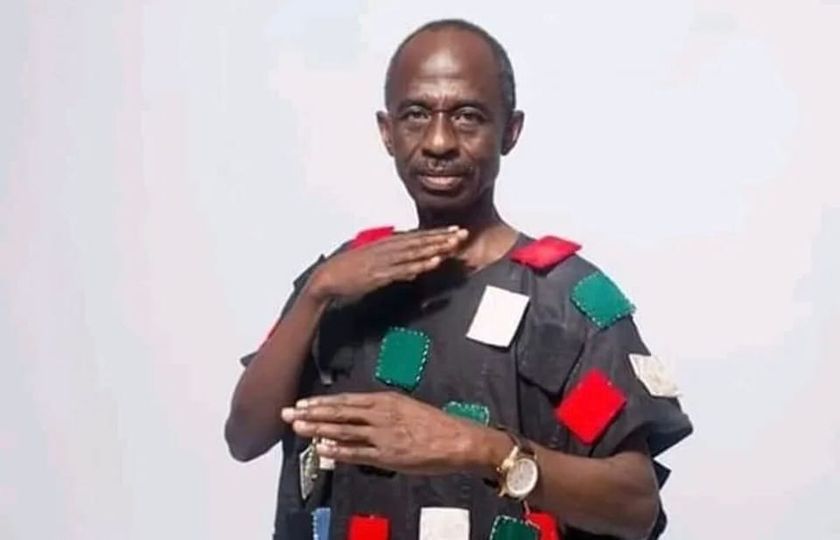


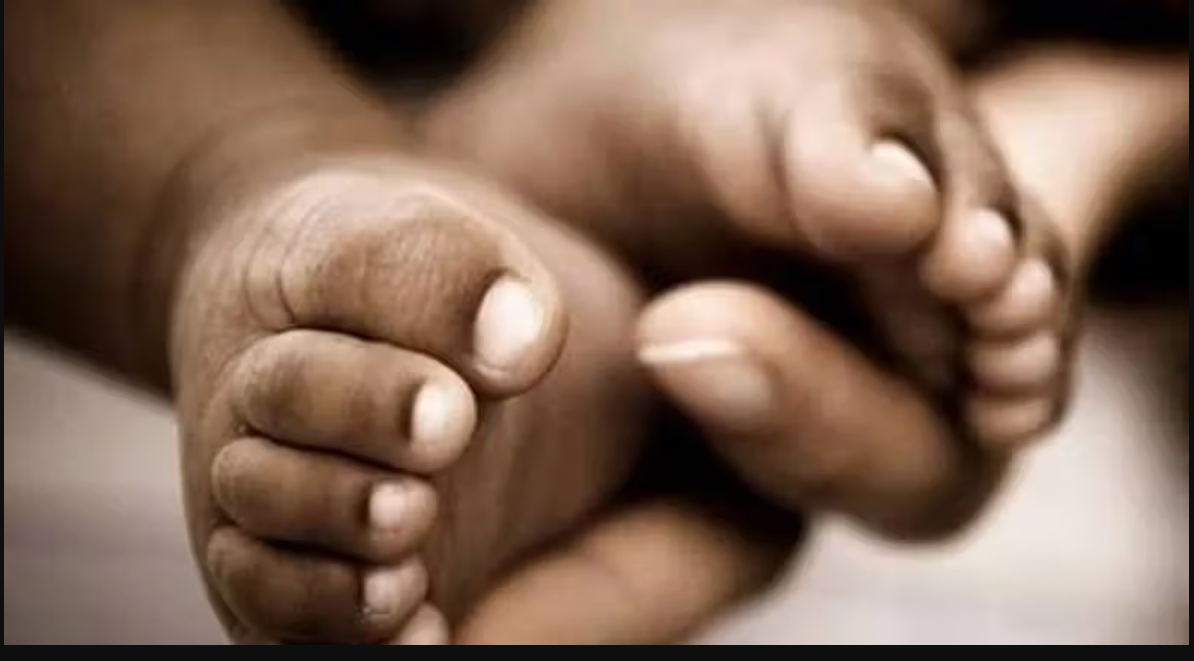

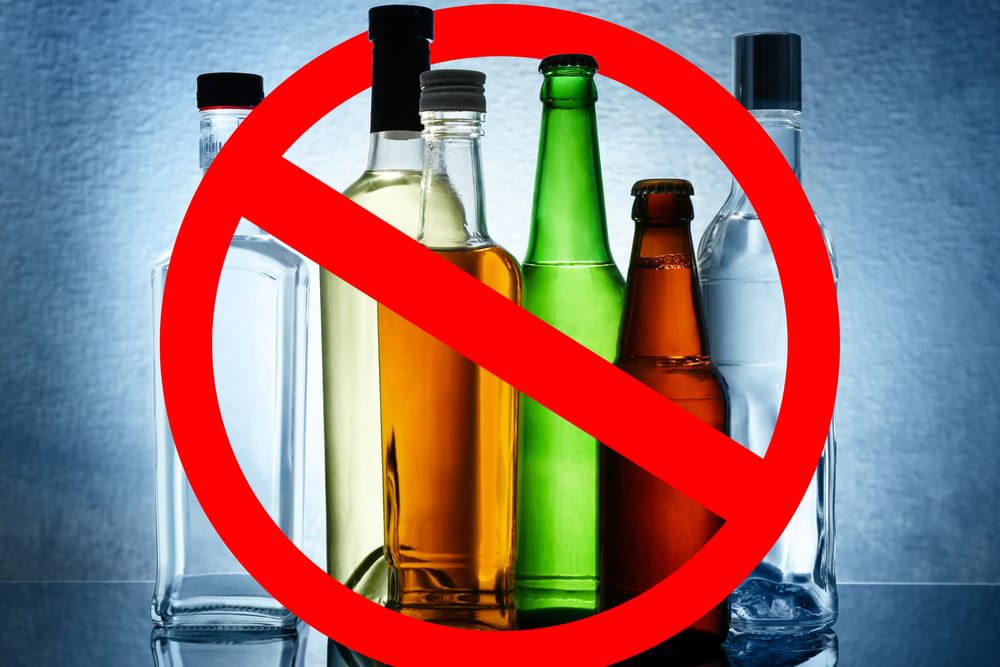
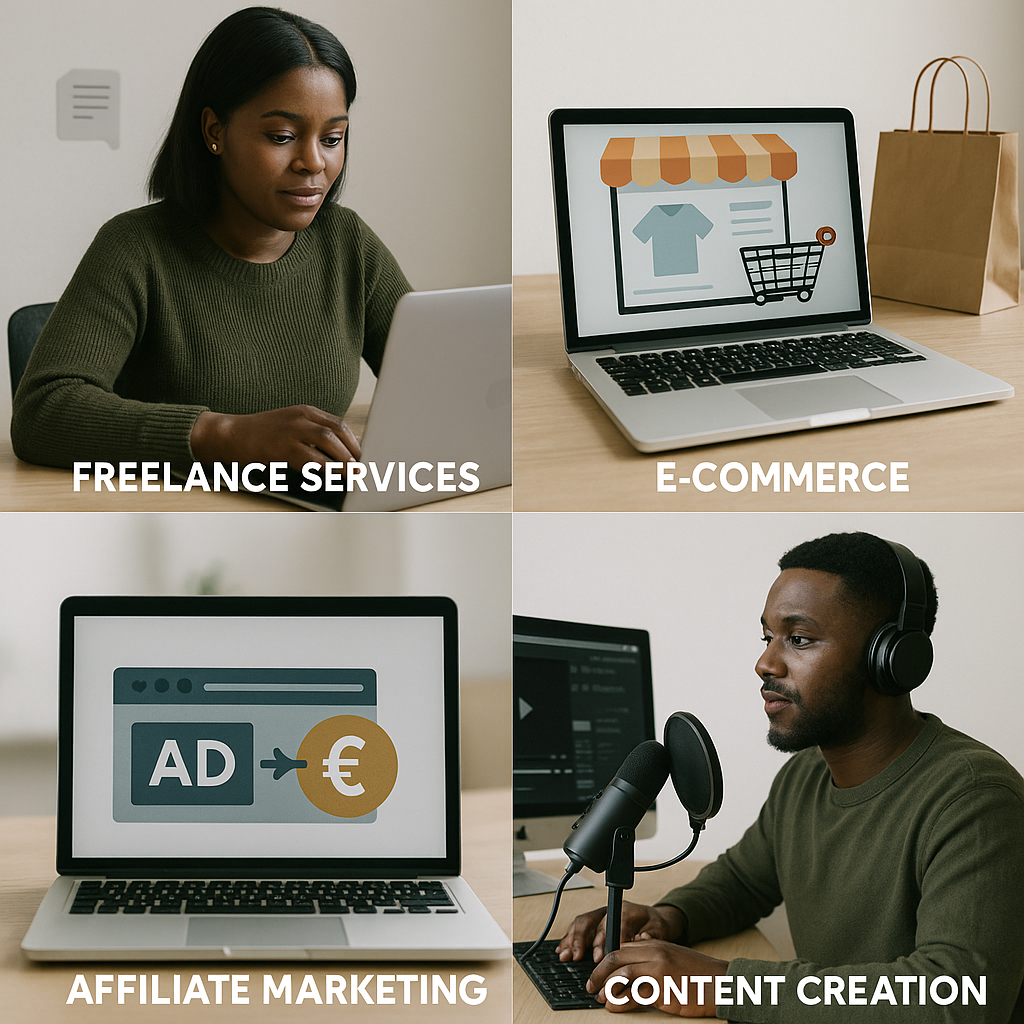
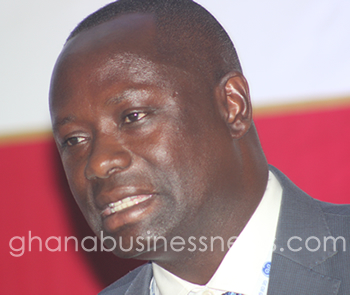

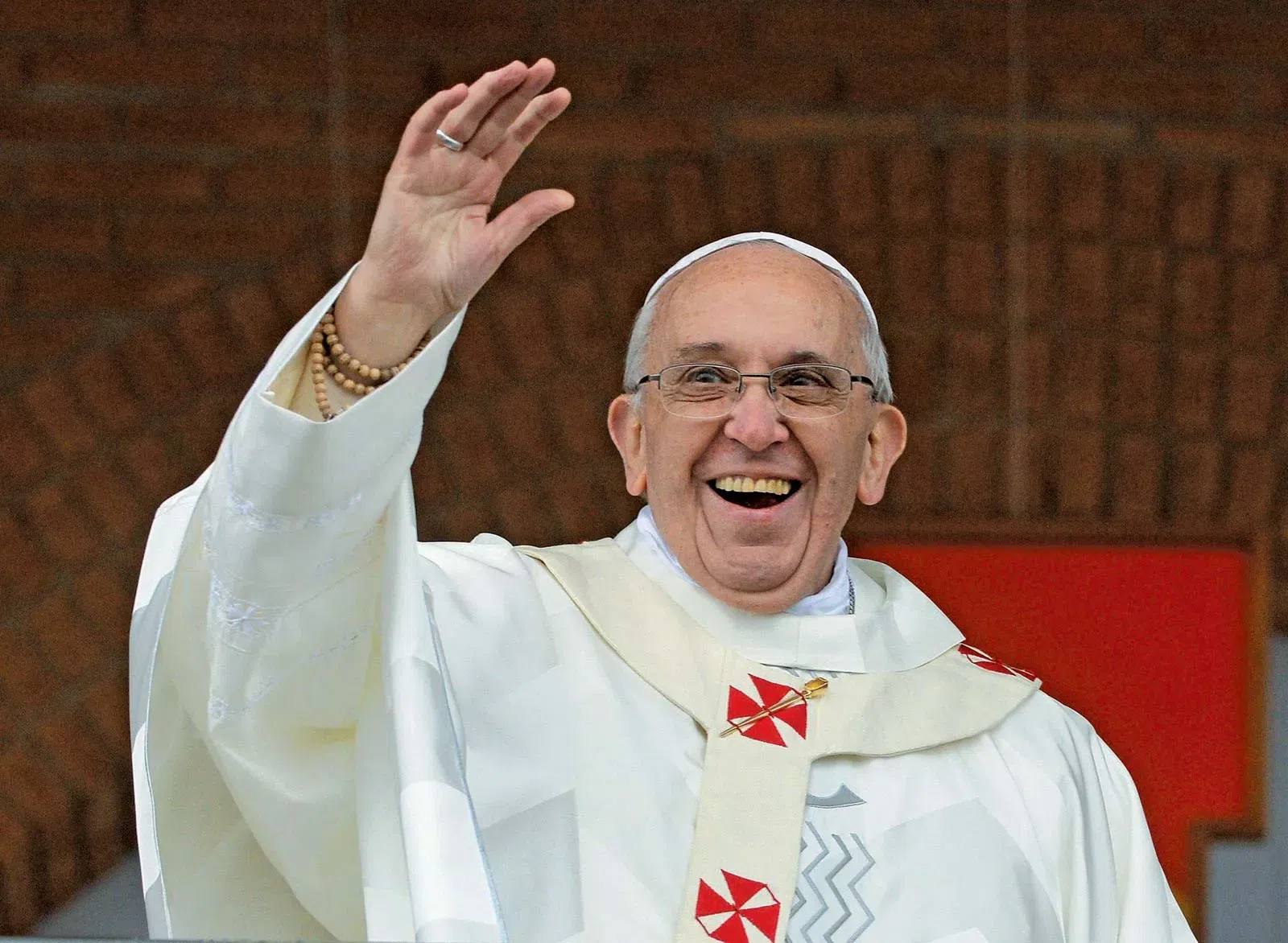
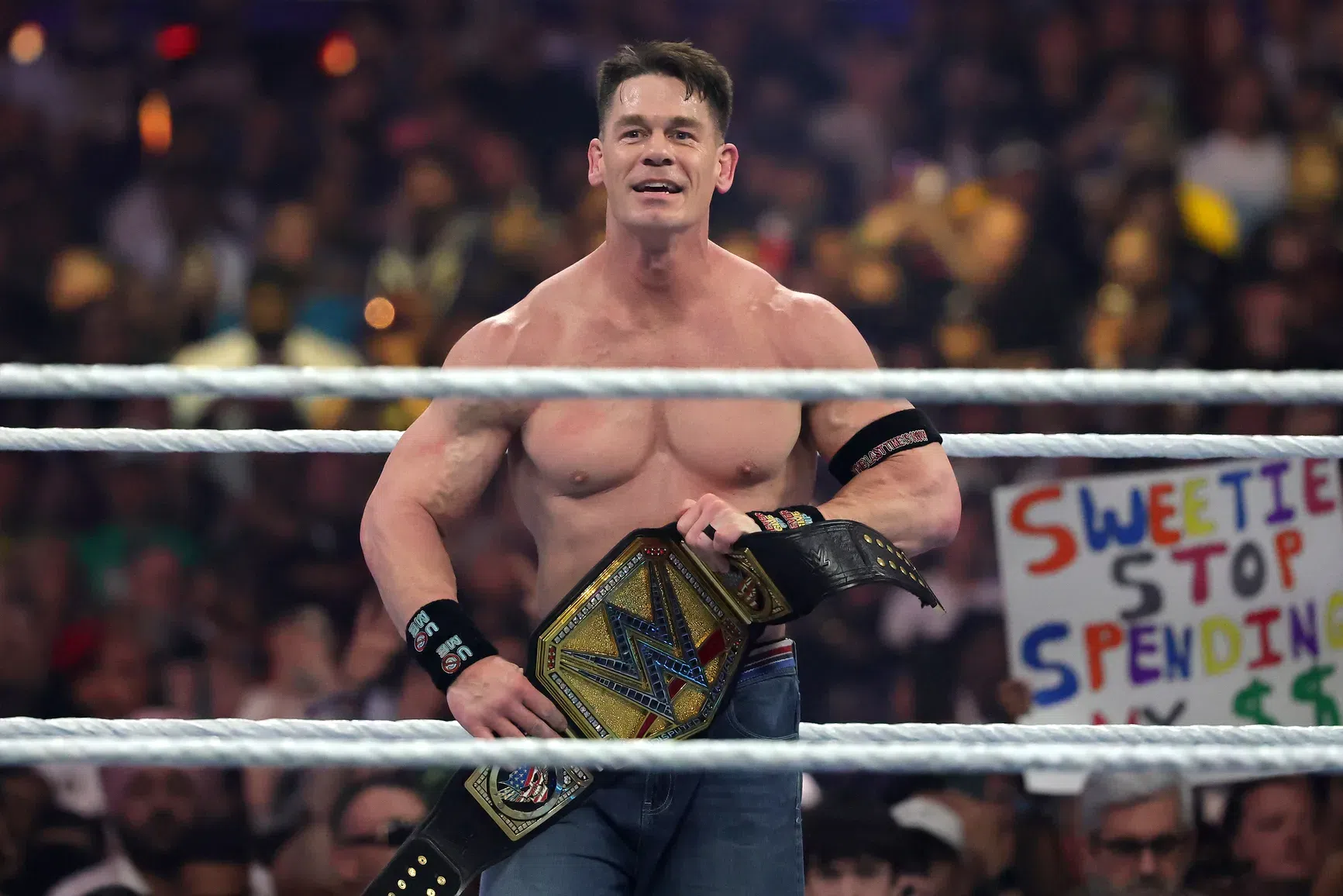


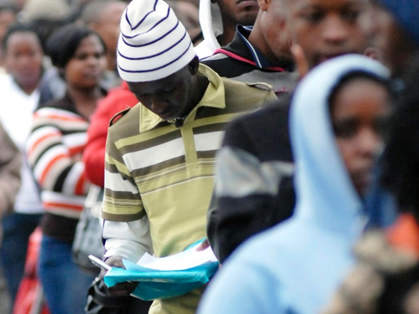



Facebook
Twitter
Pinterest
Instagram
Google+
YouTube
LinkedIn
RSS